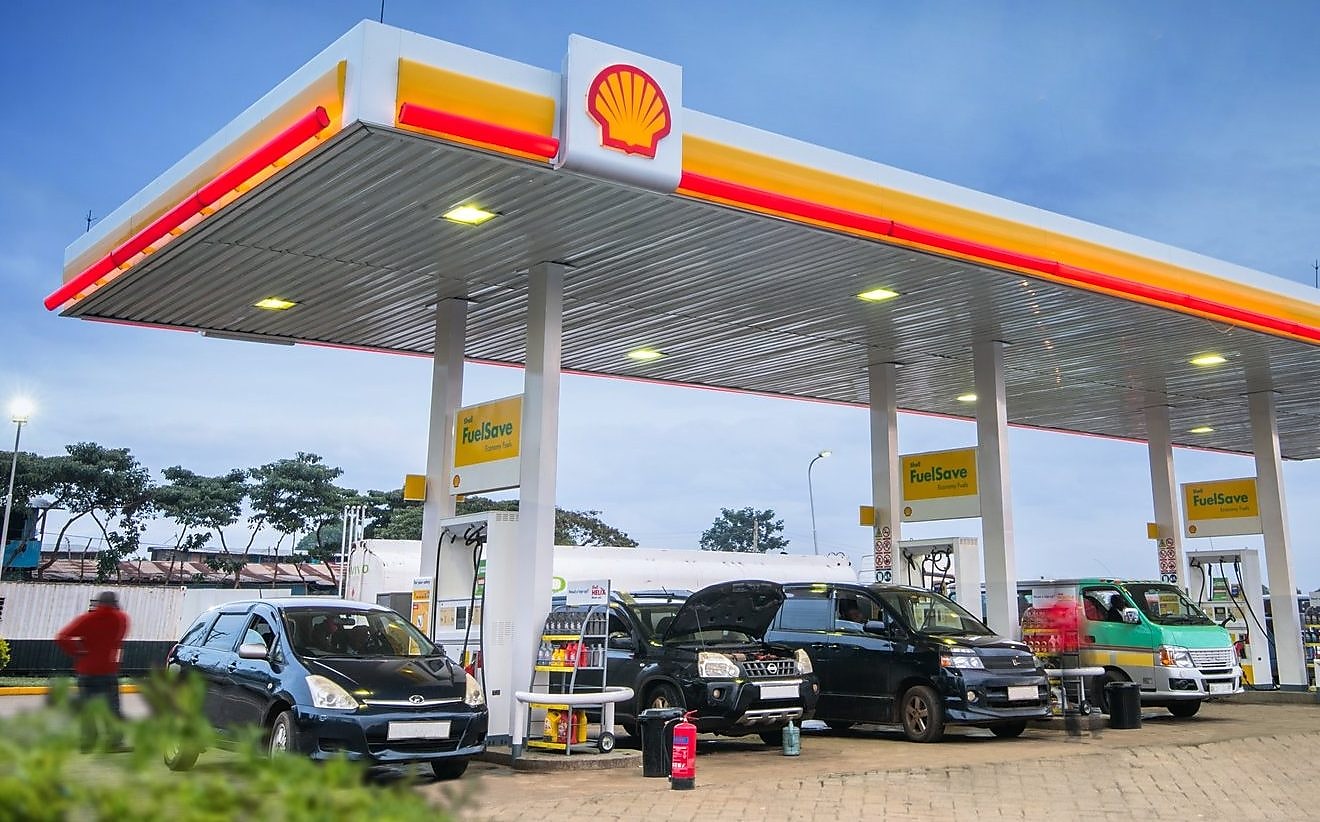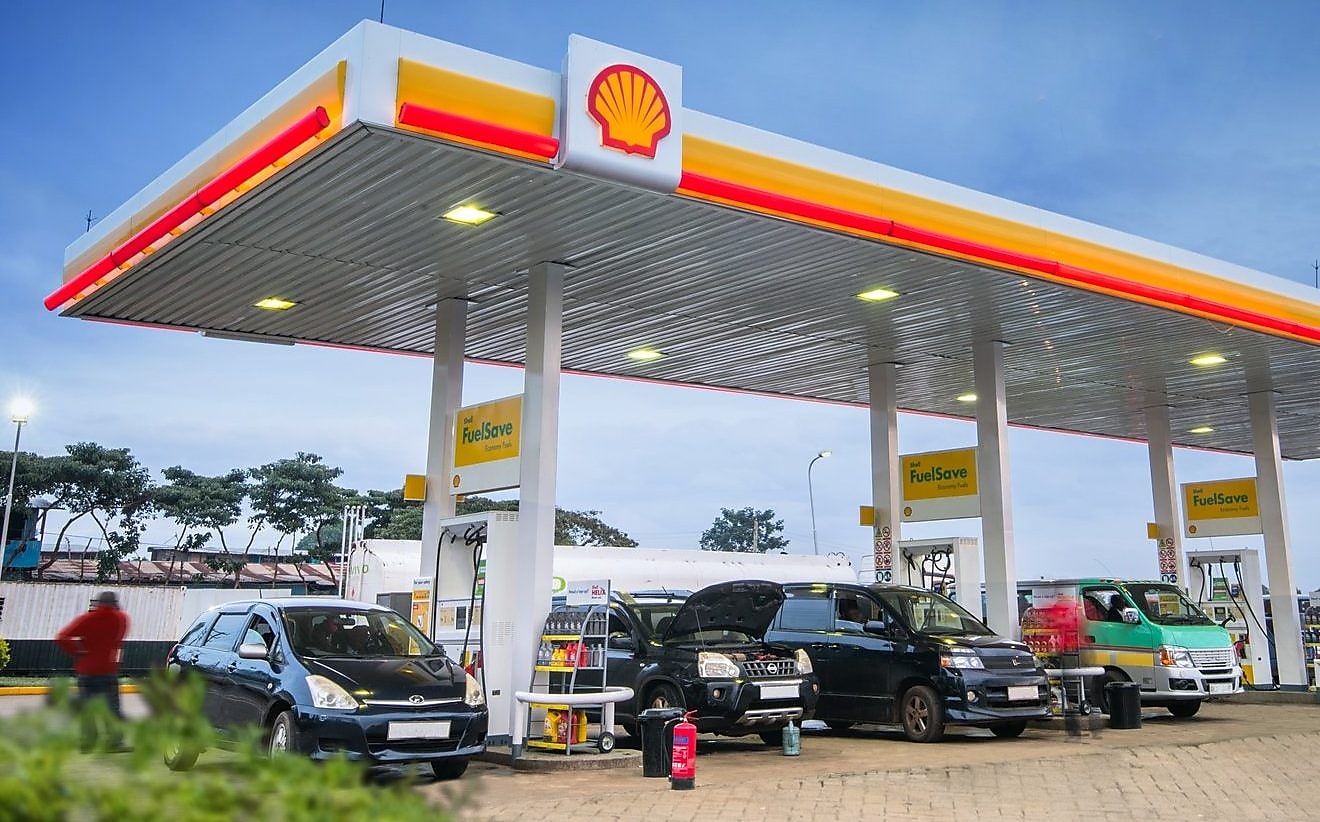
Of late, many car manufacturers have recommended the use of premium gasoline (a high-octane grade of fuel) in their vehicles. The price difference between premium and regular gasoline has widened as well. As a result, more individuals are interested in learning more about the different types of Gasoline.
The main difference between the grade of fuel is their Octane rating. This is basically the measure of the fuel’s stability. This rating of stability is calculated based on the pressure at which a gasoline would spontaneously combust (auto-ignite) in a testing engine. The more stable the fuel, the higher the rating. In Kenya, retail gas stations sell three different types of gasoline based on their octane rating:
- Regular (fuel with the lowest octane rating–usually 87)
- Midgrade (octane range 89–90) is a term used to describe a fuel that is in the center of the octane range.
- Premium (fuel with the highest octane rating–usually 91–94)
Most Kenyan companies use the terms unleaded, super, super-premium, or premium plus but they all refer to the octane rating.
What effect does the octane level have on my vehicle?
The purpose of an engine is to burn fuel in a regulated manner. A flame begins at the spark plug and spreads throughout the cylinder until it has consumed all of the gasoline. In contrast, spontaneous combustion, also known as auto-ignition, detonation, or knock, occurs when unburned fuel ignites due to growing temperature and pressure from primary combustion. The knock is caused by the uncontrolled secondary combustion, which causes the pressure in the cylinder to rise.
The energy from the burning fuel disperses unevenly due to the competition between intended (controlled) and unintended (spontaneous) combustion, which can cause damage and place high pressure on the engine’s piston before it enters the power stroke (the part of the cycle when the piston’s motion generates power).
This knocking of engines was frequent before the widespread use of electric computerized ignition systems, and it could cause serious engine damage. Nowadays, knocking is detected by sensors in most modern engines. When the computer detects this, it delays the first spark, causing controlled combustion to occur at a time when compression is not at its peak. Although this eliminates the knock, the engine may operate less efficiently as a result.
Pre-ignition is a similarly undesired circumstance in which the fuel ignites on its own before the spark ignites it. Modern engine computers reduce this problem by managing valve timing and fuel injection; nevertheless, this control mechanism can come at a cost in terms of fuel efficiency or pollutants.
Which type of gas should you choose for your car?

Regular gas is the most common choice. It’s also what a lot of auto companies recommend. It helps your car function smoothly, albeit it may not provide the same level of performance as higher-octane gasoline.
If you’re driving on a budget, you should know that regular gas is the most affordable option.
Certain vehicles are built to run on mid-grade petrol, and some manufacturers do recommend it. The Jeep Cherokee 3.2-liter V6 and the Chrysler 300 5.7-liter V8 are two of the 2022 automobile makes and models for which manufacturers recommend mid-grade gas.
Mid-grade gas performs better than standard gas but not as well as Premium gas.
Premium gas is usually best for high-performance automobiles with high compression ratios or turbochargers, and it is frequently recommended by the manufacturer. Premium gas aids in fuel efficiency and provides the best performance.
You should not spend your money on premium gasoline if your car does not require it, as it might be costly.
You can check your car’s manual to find out, which type of gas is recommended for your vehicle. You can also check at the back of your fuel door. If you still can’t find this information, you can ask your mechanic or a qualified fuel station attendant.
Why do you need to know the type of fuel to use on your car?
When you know what type of fuel to put in your car, you’ll be able to:
- Reduce the danger of harming your engine.
- Save money by not purchasing a gasoline type that is more expensive than what you require.
- Your vehicle will perform at its best.
- If you use the wrong gasoline in your car, save money for possible repairs.
At Seaways, we can assist you to make the right buying decision when shopping for your car. Over the years, we have developed a network of trusted dealers both in Japan and UK who supply us with exceptional cars. Simply visit www.garimoto.net for our catalog of cars ready to import on order, for customs clearance and other logistics services, kindly visit our logistics portal www.logistics.seaways.net Kindly call us or WhatsApp on +254709925000 for assistance.

